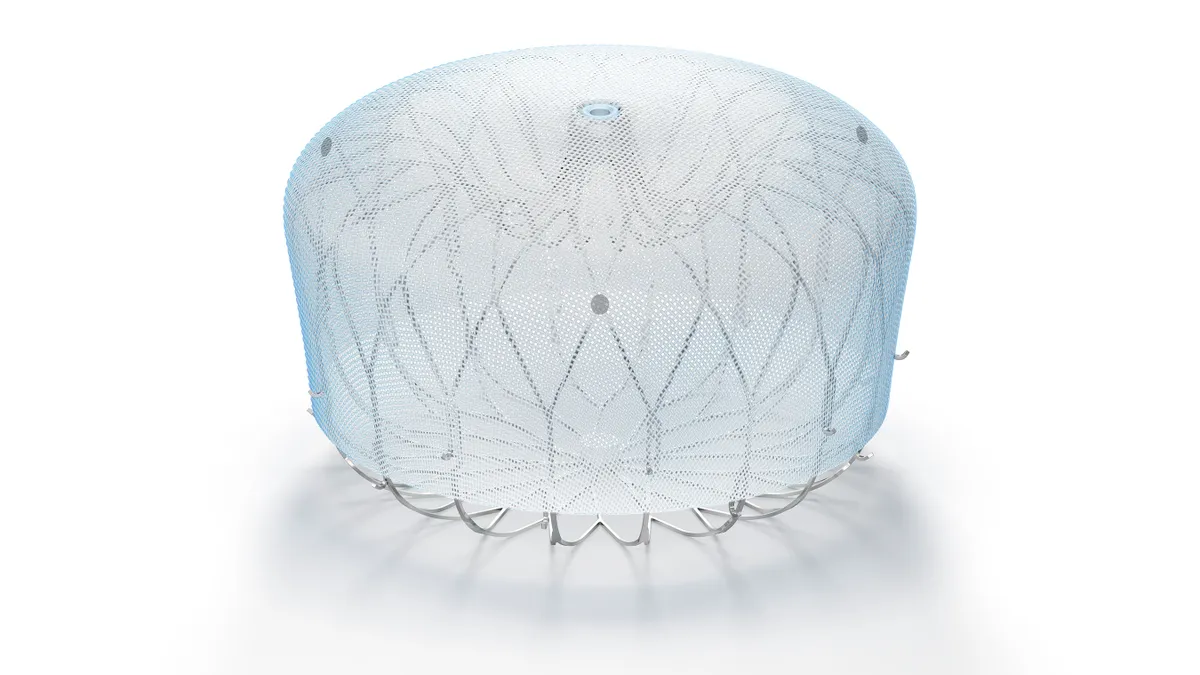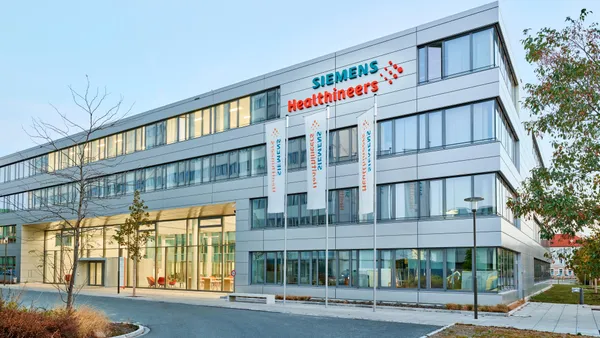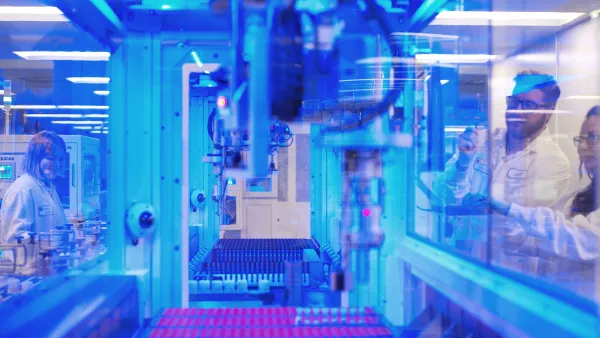Dive Brief:
-
BD this week raised its revenue guidance for 2018 after reporting third-quarter results that topped analyst expectations, with results underpinned by growth across the board.
-
Revenue came in at $4.3 billion, a touch above the consensus estimate and the company posted an earnings per share beat, coming in five cents ahead of the consensus at $2.91.
-
The stronger-than-expected performance led BD to raise its full-year revenue guidance for the business as a whole and for its medical and life science divisions. BD now expects sales growth to exceed 5.5%, up from the 4.5% to 5.5% range it forecast at the start of the fiscal year.
Dive Insight:
BD has spent 2018 integrating two major takeovers while trying to keep its core business on track. That has posed challenges. Yet, as BD has moved toward the end of the CareFusion integration and started to bring Bard into the fold, it has continued to post beat-and-raise quarters.
BD will need to deliver a strong fourth quarter to hit the targets but thinks that is possible based on trends seen in the third quarter. In medical, the introduction of BD’s first fusion pump enhancement in a decade is going well, setting it up to compete with rivals including Baxter. Interest in the device and strong overall demand for medication management solutions powered the unit to 5.7% growth.
In the longer term, the trade war between the U.S. and China could cause problems.
“We, like everyone, are concerned about the global trade rhetoric of course, especially with China,” BD CEO Vincent Forlenza said on a conference call with investors. “Tariffs for us this year are not material. It's a small number. It'll be a little bit of a headwind going into next year, as long as we stay where we are in terms of what's happening with China.”
The current headwind amounts to around $0.01 per share, most of which relates to electronic parts used by BD’s medication management solutions and bioscience businesses.
Some companies face being hit by two sets of tariffs as China retaliates to the levies imposed by the U.S. but BD predicts its strategy in recent years has partly insulated it from this threat. More than half of the medical products BD sells in China are made in the country, meaning they will avoid the tariffs. BD is now working to start producing products acquired in the Bard takeover in China.











